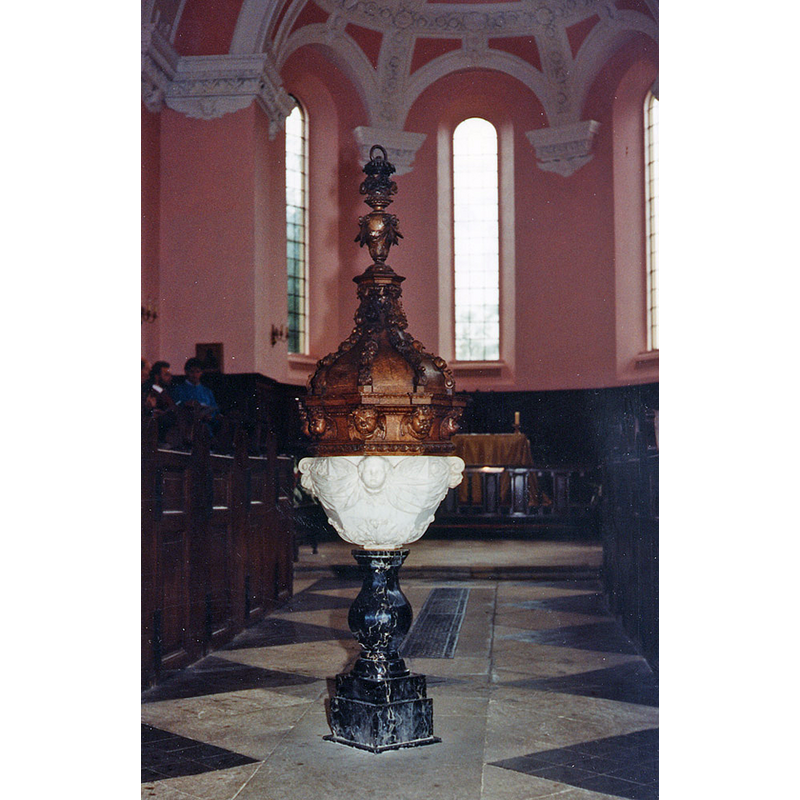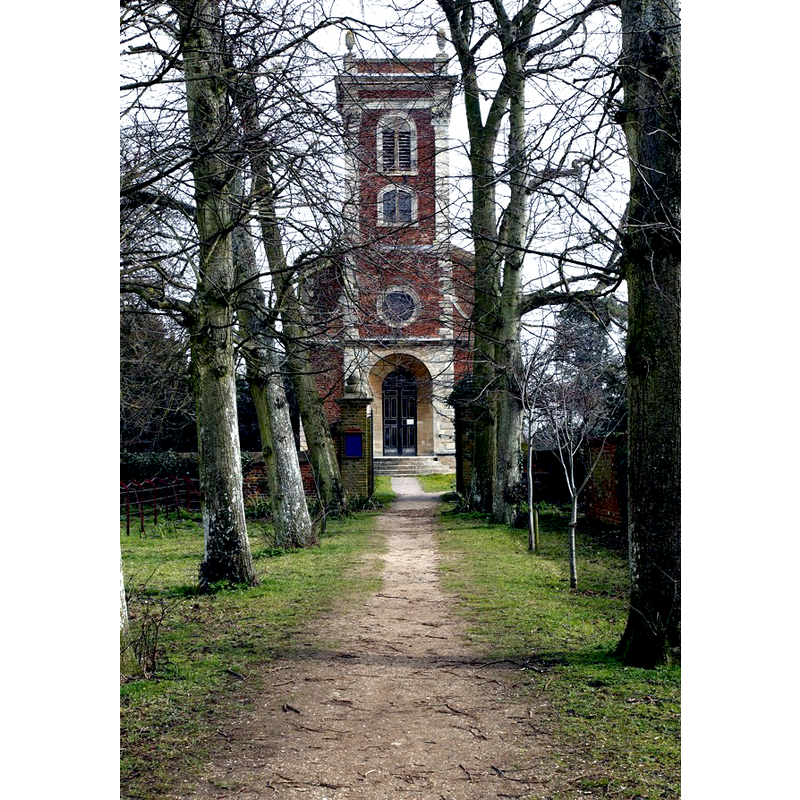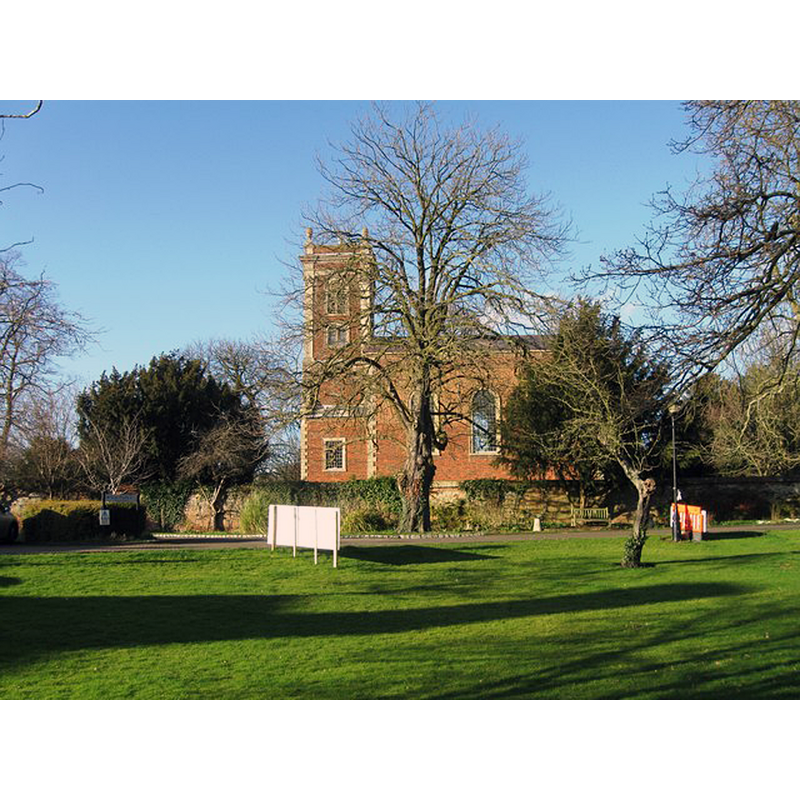Willen / Wilies / Wilinges / Wilne / Wylie / Wyllyen / Wyllyn / Wylyene

Image copyright © John Salmon, 2012
CC-BY-SA-2.0
Results: 9 records
view of font and cover
Copyright Statement: Image copyright © John Salmon, 2012
Image Source: photograph taken in 1995 by John Salmon [www.geograph.org.uk/photo/3266095] [accessed 8 March 2016]
Copyright Instructions: CC-BY-SA-2.0
angel - cherub
Copyright Statement: Image copyright © John Salmon, 2012
Image Source: photograph taken in 1995 by John Salmon [www.geograph.org.uk/photo/3266095] [accessed 8 March 2016]
Copyright Instructions: CC-BY-SA-2.0
design element - motifs - drapery
Copyright Statement: Image copyright © John Salmon, 2012
Image Source: photograph taken in 1995 by John Salmon [www.geograph.org.uk/photo/3266095] [accessed 8 March 2016]
Copyright Instructions: CC-BY-SA-2.0
design element - motifs - foliage
Copyright Statement: Image copyright © John Salmon, 2012
Image Source: photograph taken in 1995 by John Salmon [www.geograph.org.uk/photo/3266095] [accessed 8 March 2016]
Copyright Instructions: CC-BY-SA-2.0
view of church exterior - west view
Copyright Statement: Image copyright © Cameraman, 2010
Image Source: digital photograph taken 18 March 2010 by Cameraman [www.geograph.org.uk/photo/1792113] [accessed 8 March 2916]
Copyright Instructions: CC-BY-SA-2.0
view of church exterior - south view
Copyright Statement: Image copyright © Alex McGregor, 2014
Image Source: digital photograph taken 11 February 2014 by Alex McGregor [www.geograph.org.uk/photo/3846645] [accessed 8 March 2016]
Copyright Instructions: CC-BY-SA-2.0
human figure - putto - head
Scene Description: 10 (?), all around the lower volume of the cover
Copyright Statement: Image copyright © John Salmon, 2012
Image Source: photograph taken in 1995 by John Salmon [www.geograph.org.uk/photo/3266095] [accessed 8 March 2016]
Copyright Instructions: CC-BY-SA-2.0
design element - motifs - garland
Scene Description: several, forming the arrises of the dome
Copyright Statement: Image copyright © John Salmon, 2012
Image Source: photograph taken in 1995 by John Salmon [www.geograph.org.uk/photo/3266095] [accessed 8 March 2016]
Copyright Instructions: CC-BY-SA-2.0
design element - motifs - vase
Scene Description: the finial, decorated with drapery and topped with leaves and fruits
Copyright Statement: Image copyright © John Salmon, 2012
Image Source: photograph taken in 1995 by John Salmon [www.geograph.org.uk/photo/3266095] [accessed 8 March 2016]
Copyright Instructions: CC-BY-SA-2.0
INFORMATION
Font ID: 09904WIL
Object Type: Baptismal Font1
Font Date: ca. 1680?
Font Century and Period/Style: 17th century(late?), Restoration
Workshop/Group/Artisan: designed (?) by Robert Hooke
Church / Chapel Name: Parish Church of St. Mary Magdalene
Font Location in Church: Inside the church
Church Patron Saint(s): St. Mary Magdalene
Church Address: 1 The Hooke, Willen, Milton Keynes MK15 9AA
Site Location: Buckinghamshire, South East, England, United Kingdom
Directions to Site: Located off the M1, just NE of Milton Keynes
Ecclesiastic Region: Diocese of Oxford
Historical Region: Hundred of Newport
Additional Comments: disappeared font? *the one from the pre-1150 church here)
Font Notes:
Click to view
No individual entry found for Willen in the Domesday survey. Sheahan (1862) reports that the medieval church "was rebuilt in 1680 [...] the font, of marble, is ornamented with heads of cherubim, and has a carved oak cover". Listed in Betjeman (1958). Illustrated in Blatch (1995) with caption: "A contemporary font of Wren type -- in Willen Church, Buckinghamshire for which Robert Hooke was the architect". The Victoria County History (Buckingham, vol. 4, 1927) notes: "The church was bestowed before 1150 by Philip de Kaynes on Tickford Priory. [...] A church has existed here from the 12 th century, [...] but the ancient structure, having probably fallen into decay, (fn. 45) was removed in 1680, and the present nave tower and vestries were built by Dr. Richard Busby, head master of Westminster School, from designs, it is said, by his former pupil, Sir Christopher Wren. No traces are now left to indicate the character of the earlier structure [...] The apse was added in 1862, and the whole church was then restored. [..] The font has an octagonal bowl of white marble enriched on the upper edge with cherubs' heads and conventional scrolls connected by festoons of drapery, and at the bottom with acanthus leaves; both the baluster-shaped stem and the square base are of black marble. The elaborate oak cover has a band of cherubs' heads at the base, a domical top with floral enrichments, and an urn-shaped finial." The font consists of a square white marble basin decorated with cherubs the wings stretch out almost parallel with the drapery hanging below them, and volutes; the underbowl has foliage motif in high relief; the stem of the base is of the baluster type, and is octagonal at the top and middle but ends below in a round moulded shape, raised on three square volumes. The wooden cover is of the dome type, the lower volume with vertical sides decorated with putti heads, the dome itself with garlands running upwards toward the vase-like finial. [NB: we have no information on the earlier font replaced during the 1680 re-building of this church]
COORDINATES
UTM: 30U 656347 5770423
Latitude & Longitude (Decimal): 52.062304, -0.719246
Latitude & Longitude (DMS): 52° 3′ 44.29″ N, 0° 43′ 9.29″ W
MEDIUM AND MEASUREMENTS
Material: stone, marble
Number of Pieces: three?
Font Shape: square, mounted
Basin Exterior Shape: square
LID INFORMATION
Date: 17th century?
Material: wood, oak?
Apparatus: yes [the finial has a metal ring for hooking to a lifting apparatus]
Notes: [cf. FontNotes]
REFERENCES
- Victoria County History [online], University of London, 1993-. URL: https://www.british-history.ac.uk.
- Betjeman, John, An American's Guide to English Parish Churches (including the Isle of Man), New York: McDowell, Obolensky, 1958, p. 107
- Blatch, Mervyn, Guide to London's churches (2. ed.), London: Constable, 1995, p. [72]
- Jenkins, Simon, England's Thousand Best Churches, London and New York: Allen Lane, the Penguin Press, 1999 [2000 rev. printing], p. 39
- Sheahan, James Joseph, History and topography of Buckinghamshire, comprising a general survey of the county, preceded by an epitome of the early history of Great Britain, London; Pontefract: Longman, Green, Longman, and Roberts; William Edward Bonas [...], 1862, p. 643

